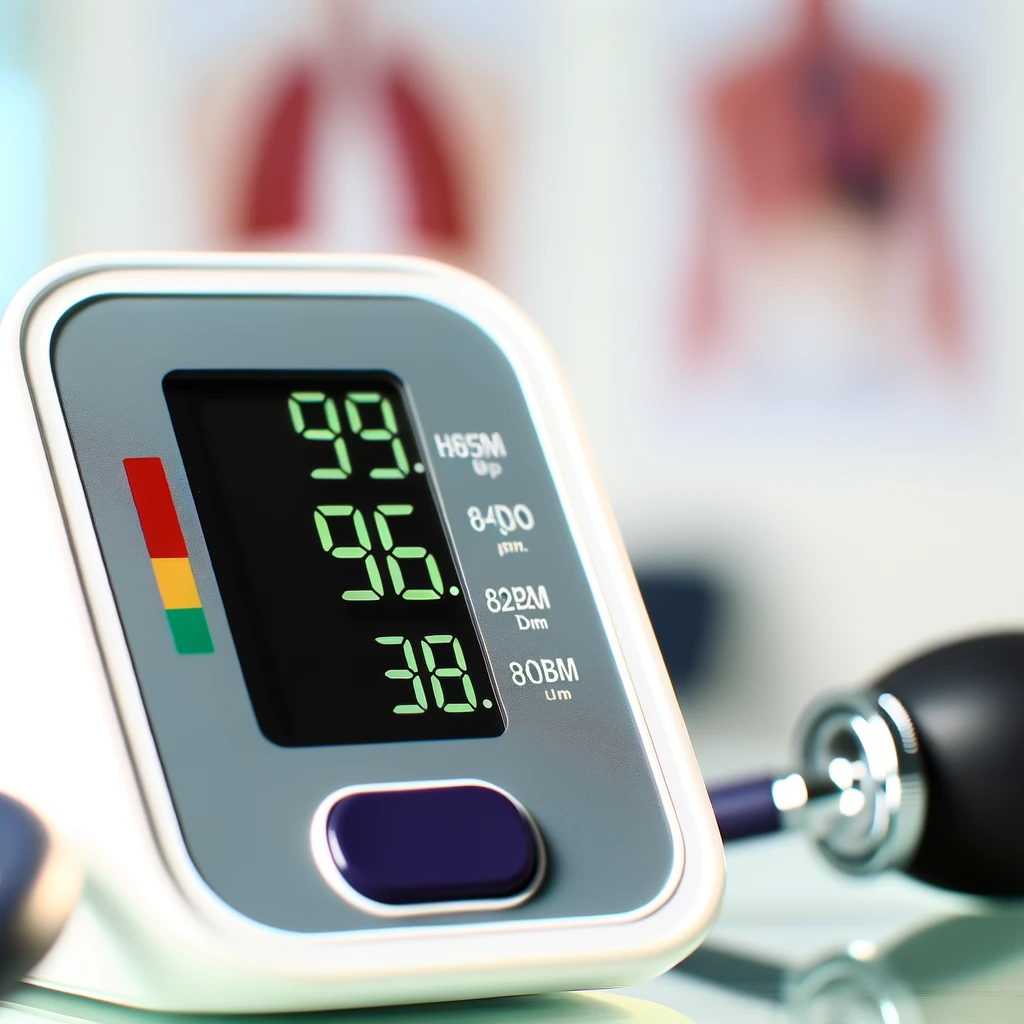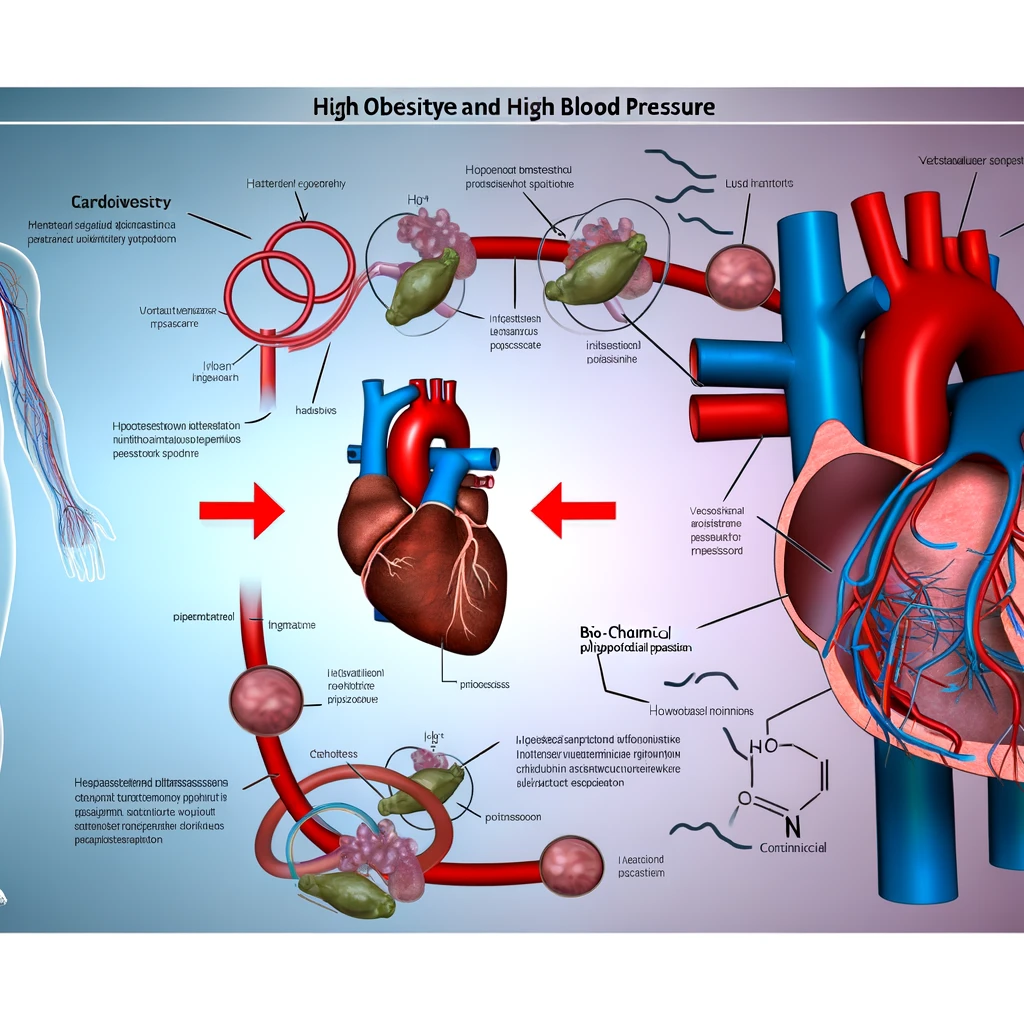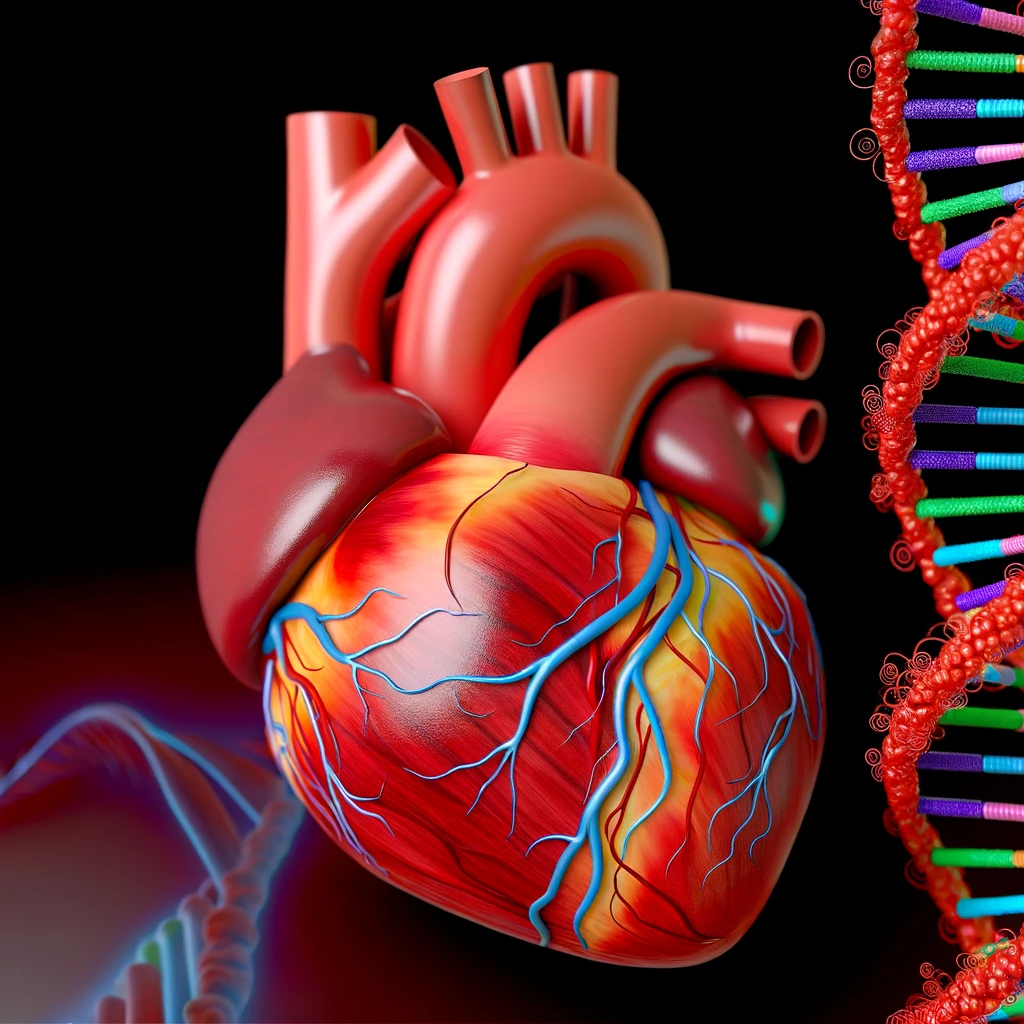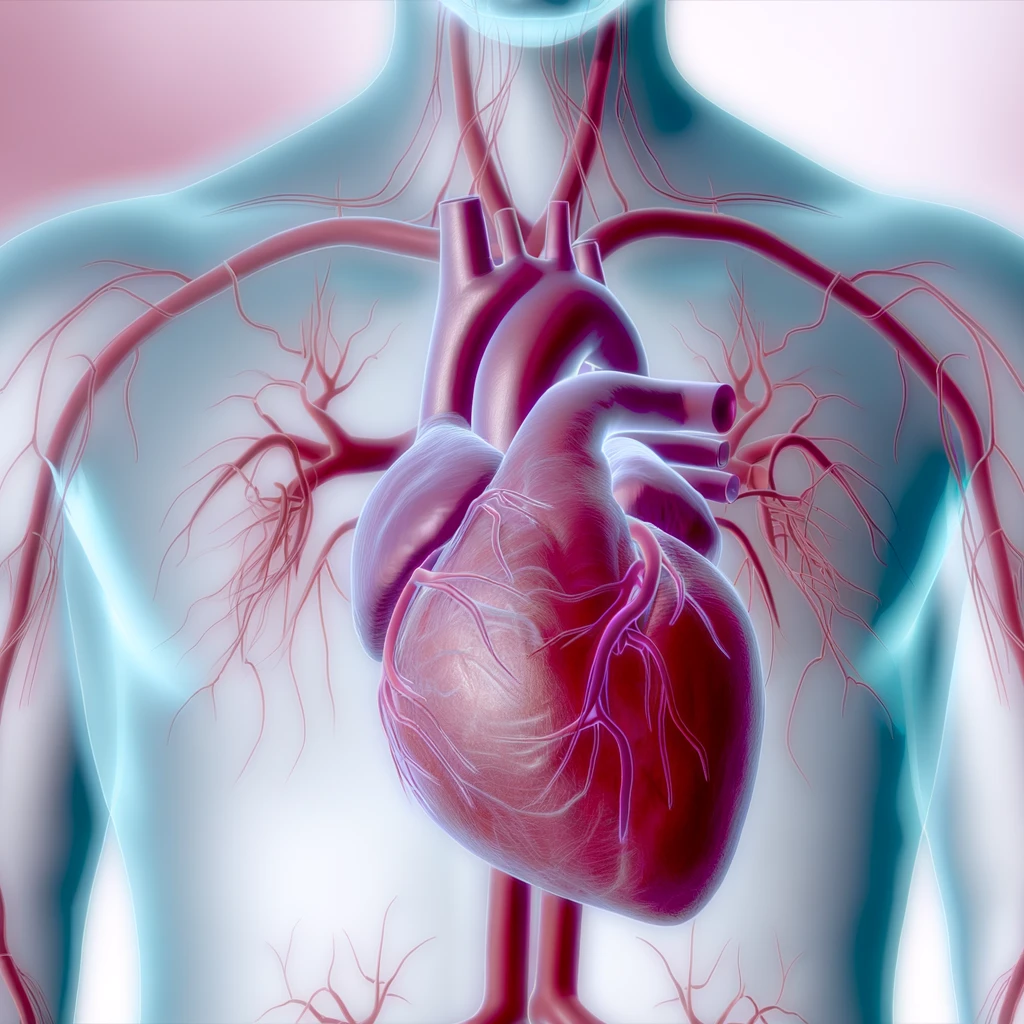Related Articles









Aging is a natural process that affects every aspect of our bodies, and the cardiovascular system is no exception. As we age, our heart and blood vessels undergo structural and functional changes that can impact heart rate and blood pressure. Understanding these changes is crucial for maintaining heart health and preventing cardiovascular diseases.
The heart rate, or the number of times the heart beats per minute, is an essential indicator of heart health. In young adults, a normal resting heart rate typically ranges from 60 to 100 beats per minute. However, as we age, several factors can influence the heart rate.
One significant change is the reduction in maximum heart rate, which is the highest heart rate an individual can achieve during intense exercise. This rate naturally declines with age due to changes in the heart's electrical system and decreased responsiveness to adrenaline. A commonly used formula to estimate maximum heart rate is 220 minus age.
While the resting heart rate remains relatively stable throughout life, certain age-related factors such as increased stress, medication use, and physical inactivity can lead to variations. It's essential to monitor these changes as they can indicate underlying health issues.
Blood pressure is another critical component of cardiovascular health, representing the force of blood pushing against the walls of the arteries. As people age, blood pressure tends to increase, primarily due to changes in the arteries.
With aging, arteries can lose their elasticity, leading to increased resistance to blood flow. This arterial stiffening results in higher systolic blood pressure (the top number in a blood pressure reading), which is a significant risk factor for cardiovascular diseases such as stroke and heart attack.
Both lifestyle and genetic factors play an essential role in determining blood pressure levels. A diet high in sodium, obesity, and lack of physical activity can contribute to hypertension (high blood pressure). Conversely, maintaining a healthy lifestyle can help manage blood pressure levels.
Despite these natural changes, there are several strategies to maintain heart health as we age.
Engaging in regular physical activity can help maintain a healthy heart rate and improve blood vessel elasticity. Activities such as walking, swimming, and cycling are excellent choices for older adults.
A balanced diet rich in fruits, vegetables, whole grains, and lean proteins can support cardiovascular health. Limiting salt, sugar, and saturated fats is also beneficial in managing blood pressure.
Regular visits to a healthcare provider for heart rate and blood pressure monitoring can help detect any irregularities early. Early intervention can prevent the progression of cardiovascular diseases.
Aging brings inevitable changes to the heart and blood vessels, impacting heart rate and blood pressure. However, by understanding these changes and adopting a heart-healthy lifestyle, individuals can significantly reduce their risk of cardiovascular diseases and enjoy a healthy life well into their senior years.